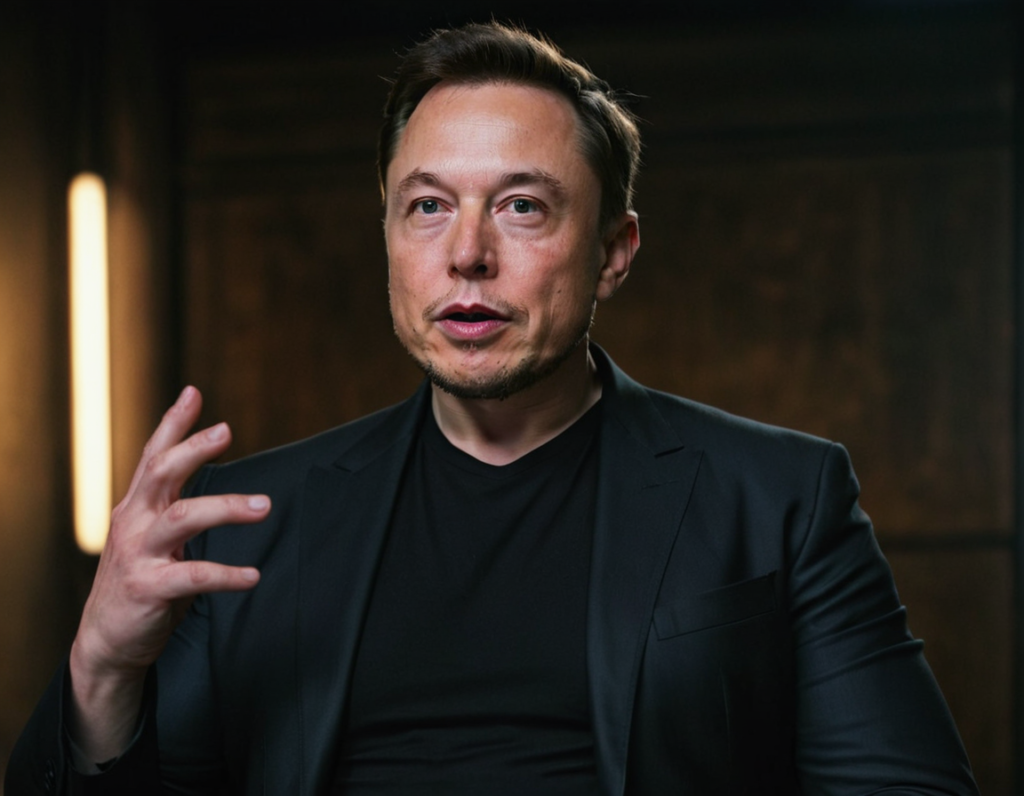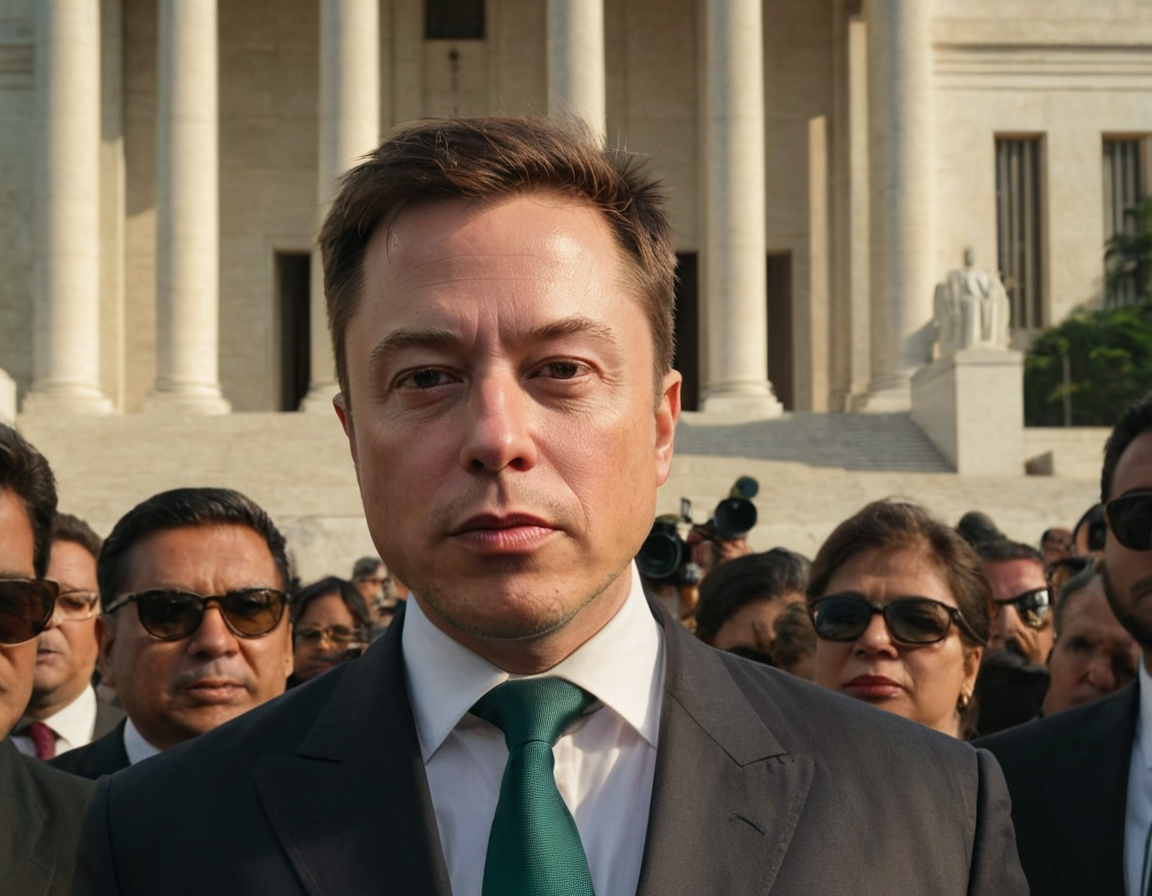On Monday, a panel of Brazil’s Supreme Court unanimously upheld a decision by Justice Alexandre de Moraes to block Elon Musk’s social media platform X, across the entire country. The ruling, available on the court’s website, solidifies the legal stance against the platform, undermining Musk’s and his supporters’ efforts to portray Justice de Moraes as a rogue authoritarian censoring political speech.
The panel, which held a virtual session, included five of the full bench’s 11 justices, among them de Moraes. Last Friday, de Moraes ordered the platform to be blocked for failing to appoint a local legal representative, as mandated by Brazilian law. The platform will remain inaccessible until it complies with the court’s order and pays outstanding fines, which have already exceeded $3 million as of last week, according to de Moraes’ decision.
Moreover, de Moraes imposed a daily fine of 50,000 reais ($8,900) on individuals or companies using virtual private networks (VPNs) to access X. While some legal experts, including Brazil’s bar association, have questioned the legal basis for this fine and its enforceability, the majority of the Supreme Court panel upheld the decision. However, one justice opposed the fine unless it is proven that users are accessing X to commit crimes.
Brazil represents a significant market for X, with tens of millions of users, making the block a major escalation in the ongoing dispute between Musk and de Moraes. The feud, which has been brewing for months, centers on issues of free speech, far-right accounts, and the spread of misinformation.

In the hours leading up to the court’s vote, Musk criticized de Moraes, accusing him of repeatedly violating Brazil’s constitution, despite having sworn to uphold it. Musk also announced the creation of an X account to publish the justice’s decisions, which he claimed would provide evidence of his accusations.
Justice de Moraes took the unusual step of submitting his order for approval by a five-justice panel to gain broader institutional support and to depersonalize the decision, according to Conrado Hübner, a constitutional law professor at the University of Sao Paulo. Hübner explained that it is standard for the rapporteur to remit a decision to a smaller panel in such cases. However, in more controversial situations, the justice has the discretion to refer the matter to the full bench for evaluation.
Had de Moraes chosen to send the case to the full bench, it would have allowed two justices—appointed by former far-right President Jair Bolsonaro, who have previously questioned de Moraes’ rulings—to potentially challenge or delay the vote.
This development marks a significant moment in the ongoing legal and political conflict between Elon Musk and Brazilian authorities, with potential implications for free speech and regulatory compliance in one of the platform’s largest markets.



